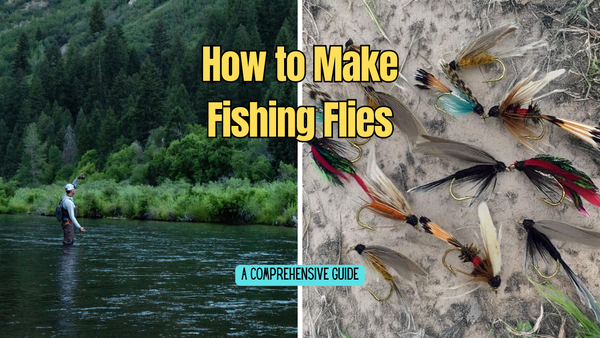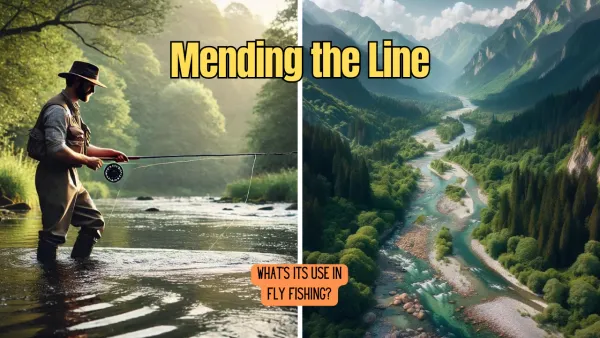Deciding whether to bring an axe on your backpacking trip can be a tough call. It adds weight, sure, but the benefits might just outweigh that extra load. Let's delve into the pros and cons to help you make an informed decision.
Key Takeaways:
- Assessing Necessity: Determine if an axe is essential based on your specific activities and the environment.
- Weight vs. Utility: Consider the trade-off between the weight of carrying an axe and its utility in the wilderness.
- Alternatives: Explore other tools that might serve similar purposes with less burden.
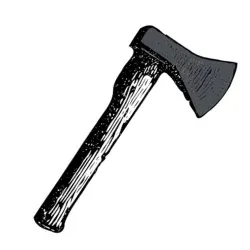
Introduction: To Axe or Not to Axe?
When packing for a backpacking trip, every item in your pack must justify its weight, especially when it comes to tools like axes. An axe can be invaluable for certain wilderness tasks, but it also adds weight and requires careful handling. This article delves into whether you should include an axe in your backpacking gear, considering various factors and alternatives.
Understanding the Role of an Axe in Backpacking
An axe serves multiple purposes in the wilderness, from chopping wood and clearing brush to making tent stakes. For activities like bushcraft, car camping, or staying in one spot for several days, an axe becomes a versatile tool. It's perfect for splitting wood for a campfire or even helping with trail maintenance.
Weight Considerations: Is It Worth the Carry?
The primary consideration is the weight of the axe versus its utility. Axes, especially those with a longer handle like the New England axe, can be heavy. If your backpacking trip involves long hikes or frequent changes in campsite locations, carrying an axe might add unnecessary strain. Assess if the benefits of having an axe justify the extra weight.
Alternatives to Carrying an Axe
For those concerned about weight, alternatives like a large knife, folding saw, or even a smaller axe might suffice. The Sven Saw is an all-time classic! These tools can handle most tasks such as cutting wood or clearing small brush. A folding saw, in particular, is lighter and can be just as effective for cutting downed wood without the bulk of a traditional axe.
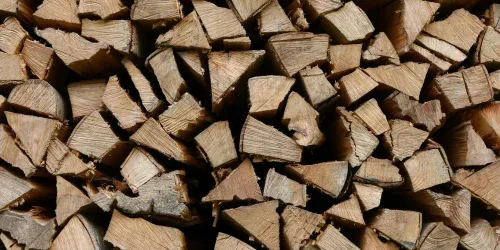
The Utility of Axes in Specific Scenarios
In scenarios where you anticipate needing to split a lot of wood, such as in colder regions or during winter camping, an axe proves its worth. For instance, the forest axe is adept at splitting wedges and can be indispensable for creating a small fire to stay warm. Similarly, if you're involved in activities like canoe camping or staying in bushcraft campsites, an axe helps immensely with setting up and maintaining the site.
Safety and Skill Considerations
Handling an axe requires skill and caution. Inexperienced campers might find it challenging to safely wield an axe, posing a risk to themselves and others. Before deciding to carry an axe, ensure you are comfortable and skilled in its use, or consider taking a wilderness survival course to boost your confidence and competence.
The Role of Axes in Group Settings
If you're backpacking in a group, coordinating who carries what can lighten everyone's load. Perhaps only one or two people in the group need to bring an axe, especially if you plan to share camp duties like wood chopping or fire ring preparation. This strategy ensures that the tool is available without everyone bearing the weight.
Environmental Impact and Ethics
Consider the environmental impact of using an axe. Chopping live trees is often prohibited in protected wilderness areas. Always aim to use dead wood and follow Leave No Trace principles. Ensure that your use of an axe is responsible and aligns with the regulations of the area you're visiting.
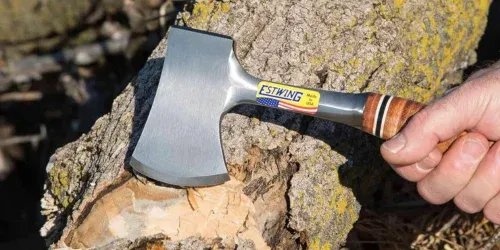
Long-Term Durability and Investment
Investing in a high-quality axe like the GB small forest axe can offer long-term benefits for frequent campers. These axes are designed for durability and efficiency, making them a worthwhile addition to your camping gear if you regularly engage in activities where an axe is essential.
Personal Preferences and Experience
Ultimately, whether you should bring an axe backpacking often comes down to personal preference and past experiences. Some campers find an axe indispensable, while others prefer to pack lighter and use alternative tools. Reflect on your previous trips and consider what has been most beneficial for you.
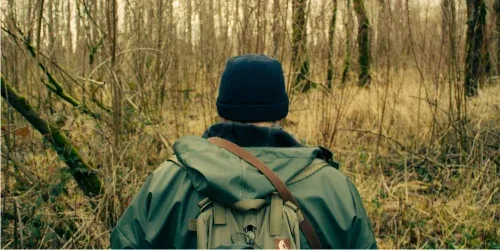
Summary
Deciding to bring an axe on a backpacking trip involves weighing its necessity, utility, and the physical burden of carrying it. Consider the nature of your trip, your ability to safely use the axe, and the availability of lighter alternatives. An axe can be a powerful ally in the wilderness, but it's not always essential for every trip.
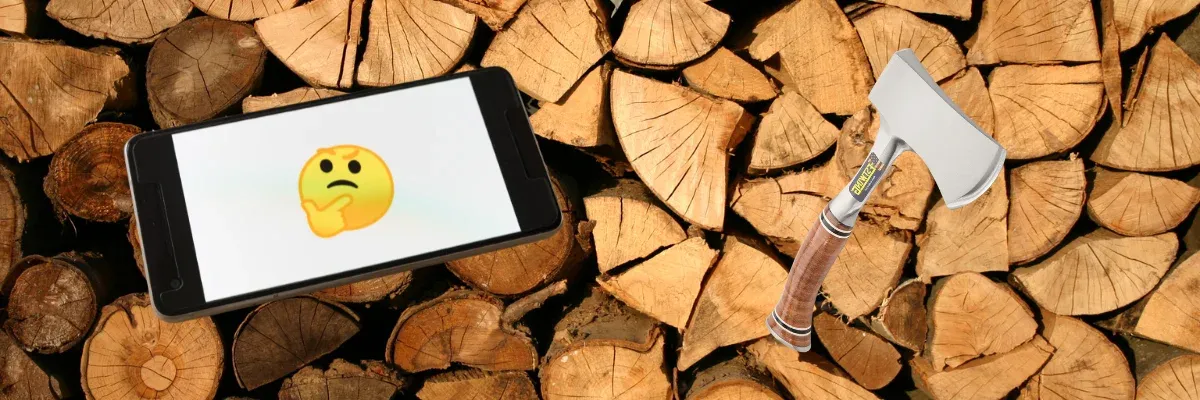
FAQs
What is a good lightweight alternative to a traditional axe for backpacking?
A folding saw or a large knife can be effective alternatives for cutting wood and clearing brush without the weight of a traditional axe.
How do I safely carry an axe while backpacking?
Ensure the axe is sheathed properly and attach it securely to your pack to prevent accidents. Always handle and store the axe with care, especially when in camp.
Are there specific types of axes that are better for backpacking?
Smaller axes or hatchets are generally more suitable for backpacking due to their lighter weight and versatility in handling various camping tasks.
Related articles:








